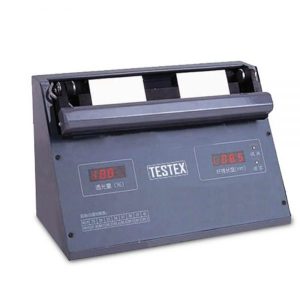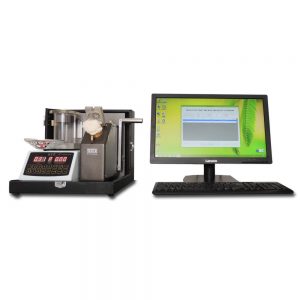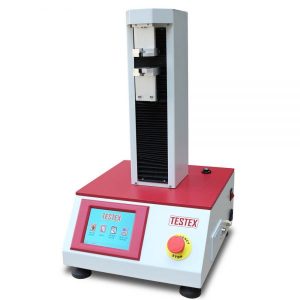Definition of Water Vapour Transmission (WVT) The mass of water vapour that passes, vertically, through…
How to select fiber test equipment – Buyer’s Guide
Fiber quality is an important foundation of textile processing quality and uses quality. Analyse the fiber quality in textiles can help us to judge that whether the quality characteristics of the fibers used in the production can meet the processing and use requirements of the textiles. At present, there are five common fibers in the textile industry: hemp, silk, wool, cotton and chemical fiber.
Testing and Classification of Fiber Materials
After purchase fiber materials that meet certain requirements, we will test the fiber materials further and store them in categories for different production needs. The most common test criteria are fiber length, micronaire value, heterogeneity, moisture regains, fiber strength, etc. Among them, the impurity rate and the moisture regain rate have been discussed before, here talk about the others.
Fiber length refers to the distance between the two ends when the fiber is straightened without the influence of external force, which can be measured by Photograph Fiber Length Tester.

The micronaire value refers to a comprehensive reflection of fiber fineness and maturity, which measured by Automatic Micronaire Tester.

Fiber strength refers to the maximum strength that a fiber can bear when it is broken, which measured by Single Fiber Strength Tester.

In the productive process of textile, due to the effects of finishing, printing and dyeing, physics, chemistry, and so on, the fiber properties of the textile often take place some change, so the types of fibers, quality, and fiber content are an important part of the textile quality analysis and testing. These tests are accompanied by every step of textile production, which ensure that we will neither produce large quantities of defective products in actual production nor waste production due to use unsuitable fiber materials.




This Post Has 0 Comments